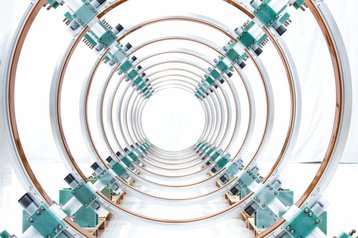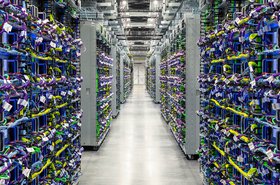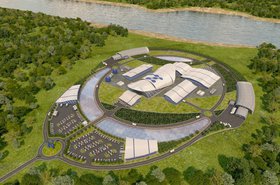Microsoft has signed a power purchase agreement (PPA) with Helion Energy to get fusion power by 2028.
The plant is expected to be online by 2028 and will target power generation of 50MW or greater after a one year ramp up. The fusion power company eventually aims to produce a gigawatt of electricity.
Fusion energy is a potentially limitless source of clean energy that follows the same process as what happens in stars. It has long been a dream of the scientific community but, despite billions in research investment, it has perpetually been five years in the future.
"We are extremely proud to have Microsoft as our first customer," David Kirtley, CEO at Helion, said. "With this partnership, not only are we advancing the timeline to have commercial fusion energy on the grid, but we are also supporting Microsoft’s goal to be carbon negative by 2030."
Kirtley told CNBC that the deal is a standard PPA arrangement, including financial penalities if they don't deliver. "So we’ve really put our skin in the game on this too - that we believe we can deliver this power and are committed to it with our own financial incentives."
Brad Smith, vice chair and president at Microsoft, said that Helion's work "supports our own long-term clean energy goals and will advance the market to establish a new, efficient method for bringing more clean energy to the grid, faster."
A lot of fusion approaches rely on tritium, a rare hydrogen isotope, to help fuel reactions, but Helion plans to use Helium 3, a rare type of the gas used in quantum computing.
The company is developing a 40-foot plasma accelerator that heats fuel to 100 million degrees Celsius. It heats deuterium and helium-3 into a plasma and then uses pulsed magnetic fields to compress the plasma until fusion happens.
This it hopes will allow it to capture more energy than it puts in, a long challenge for fusion power. Late last year, the Lawrence Livermore National Laboratory created a fusion reaction that produced more energy than the laser energy used to drive it - for the very first time. Helion has yet to achieve this.
The company has raised more than $570 million in private capital, including $375m from OpenAI CEO Sam Altman.




